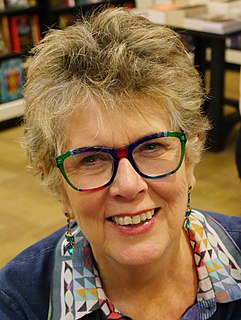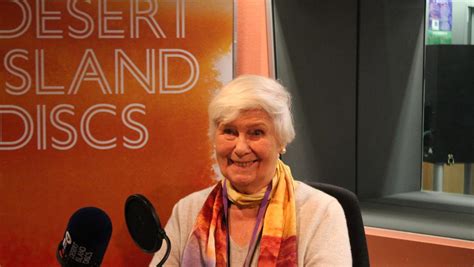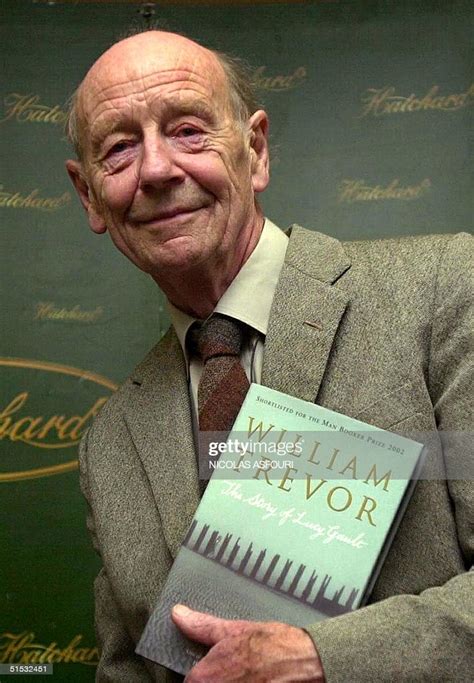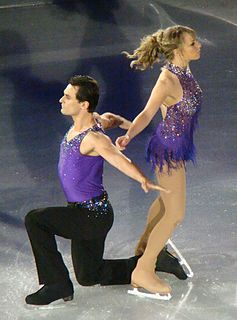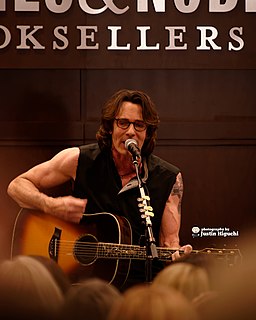A Quote by Prue Leith
I love writing fiction and can do it anywhere - I once even missed a flight because I was so engrossed.
Related Quotes
Once a poet always a poet, and even though I haven't written poems for a long time, I can nonetheless say that everything I've ever learned about writing lyrical fiction has been informed by three decades of writing in lines and stanzas. For me the real drama of fiction is almost always the drama of the language.
Memory is like fiction; or else it's fiction that's like memory. This really came home to me once I started writing fiction, that memory seemd a kind of fiction, or vice versa. Either way, no matter how hard you try to put everything neatly into shape, the context wanders this way and that, until finally the context isn't even there anymore... Warm with life, hopeless unstable.
Writing fiction is very different to writing non-fiction. I love writing novels, but on history books, like my biographies of Stalin or Catherine the Great or Jerusalem, I spend endless hours doing vast amounts of research. But it ends up being based on the same principle as all writing about people: and that is curiosity!
As a writer one doesn’t belong anywhere. Fiction writers, I think, are even more outside the pale, necessarily on the edge of society. Because society and people are our meat, one really doesn’t belong in the midst of society. The great challenge in writing is always to find the universal in the local, the parochial. And to do that, one needs distance.
A couple of pieces of advice for the kids who are serious about writing are: first of all, to read everything you can get your hands on so you can become familiar with different forms of writing: fiction, non-fiction, poetry, journalism. That's very important. And also keep a journal. Not so much, because it's good writing practice. Although it is, but more because it's a wonderful source of story starters.
The only good grades I ever got in school before I was kicked out were for creative writing. I thought that fiction might be in my future but then my career took a different path once the Beatles showed me what a blast being in a band could be. Writing my memoir Late, Late at Night reminded me how much I love the craft. So I decided to give fiction a shot again.Magnificent Vibration is the result. I’m still not quite sure where it came from, but once I got going, it practically wrote itself. I’ve heard writers I admire speak of that phenomenon, so maybe I’m on the right track.
Life is nothing but an opportunity for love to blossom. If you are alive, the opportunity is there - even to the last breath. You may have missed your whole life: just the last breath, the last moment on the earth, if you can be love, you have not missed anything - because a single moment of love is equal to the whole eternity of love.
I you're writing memoir, but it even comes up in fiction. People just assume that you're writing thinly veiled autobiography. And particularly, I think, for people of color, our work is always seen as kind of anthropological artifact regardless. So, there's always going to be that assumption, but even more so in a memoir because often the names aren't even changed. It is easier to verify.
